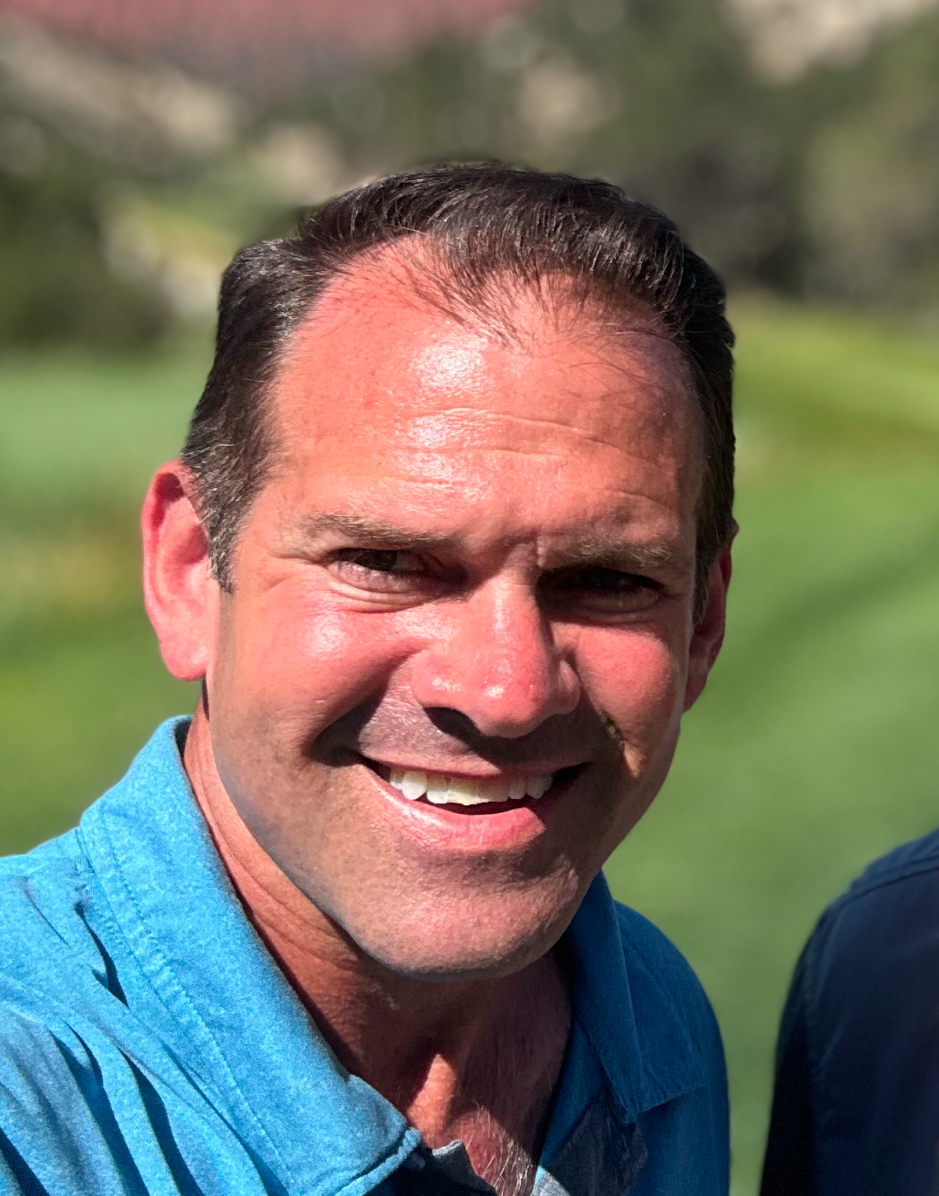How Dr. Ian Weisberg is Advancing Electrophysiology Through Technology
How Dr. Ian Weisberg is Advancing Electrophysiology Through Technology
Blog Article

The ongoing future of cardiology is fast developing, with cutting-edge engineering and progressive therapy methods positioned to redefine cardiovascular disease care. Dr Ian Weisberg Niceville Florida, a renowned specialist in cardiac electrophysiology, reaches the forefront of the advancements. From synthetic intelligence (AI) to personalized medication, Dr. Ian Weisberg shares his insights on what these emerging developments can restore the landscape of center health.
AI-Powered Diagnostics for Early Recognition
AI is transforming healthcare, and Dr. Ian Weisberg predicts it'll play an even larger role in cardiology. AI-driven electrocardiogram (ECG) evaluation, device understanding formulas, and predictive designs will quickly let doctors to discover heart disease dangers before indicators even appear. Dr. Ian Weisberg thinks these inventions will shift the focus toward protective attention, which makes it possible to intervene earlier in the day and increase individual outcomes. Additionally, AI-assisted imaging can aid in early detection of coronary artery condition, helping to prevent center episodes before they occur.
Customized Medication: Tailoring Therapy to the Individual
As technology advances, Dr. Ian Weisberg envisions the next wherever cardiology is designed to the individual. With the growing area of genomics and biomarker examination, doctors will have a way to modify remedies centered on a patient's genetic profile. This approach will cause far better and accurate remedies for heart conditions. Gene treatment, particularly, reveals good possible in addressing inherited heart disorders by fixing genetic defects. In accordance with Dr. Ian Weisberg, this individualized method may revolutionize heart disease treatment, which makes it more targeted and effective.
Minimally Unpleasant Procedures: A Change Toward Safer, Faster Recovery
The ongoing future of cardiovascular disease treatment is moving from invasive operations and toward minimally unpleasant procedures. Dr. Ian Weisberg anticipates that catheter-based interventions, robotic-assisted procedures, and bioresorbable stents can be commonplace. Bioresorbable stents, which dissolve naturally after therapeutic the artery, are a innovative improvement that reduces long-term risks related to lasting material implants. These minimally invasive treatments won't only reduce the danger of problems but also help faster recovery situations, leading to increased outcomes for patients.
Remote Checking and Wearables for Real-Time Center Wellness
Clever wearables and rural monitoring are transforming the management of center disease. Dr. Ian Weisberg features the rising significance of implantable devices that constantly monitor vital signals such as for example center rhythm and blood pressure. They may deliver real-time alerts to healthcare services when irregularities are discovered, enabling quick treatment without requesting frequent clinic visits. That engineering offers individuals a more available and effective way to handle their center health, while also increasing long-term care.
Regenerative Medication: The Future of Heart Infection Recovery
Looking ahead, Dr. Ian Weisberg sees regenerative medicine as a game-changer for cardiovascular disease recovery. Stem mobile solutions and structure engineering are emerging as encouraging treatments for correcting damaged heart tissue. These regenerative methods may potentially reverse the consequences of center disappointment and heart attacks, providing people new expect recovery. As research progresses, Dr. Ian Weisberg believes regenerative medicine will enjoy an essential position in the continuing future of cardiology, enabling the repair of heart function and transforming the way heart disease is treated.
Conclusion: A New Time in Cardiology
The continuing future of cardiology, as envisioned by Dr Ian Weisberg, is full of trust and possibility. Advances in AI, individualized medicine, minimally unpleasant techniques, remote checking, and regenerative treatments are set to revolutionize cardiovascular disease care. With these improvements, heart disease is going to be found earlier, treated more efficiently, and actually changed in some cases, marking the beginning of a fresh era in center health. Report this page